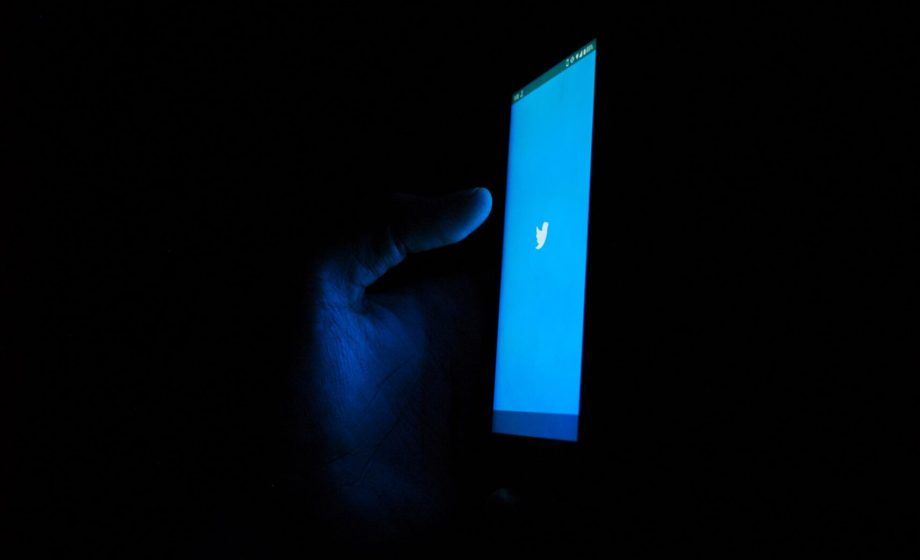While conservatives cheer and greet Musk as a liberator of free speech following his Twitter purchase, the leftists and others believe otherwise.
The neutrals now ask if the Musk Twitter purchase is about free speech.
Simply put, would his purchase enthrone more free speech on the app, or will it be just a hoax?
Musk Twitter Purchase
Elon Musk decided to diversify his business by purchasing Twitter for $44 billion.
The Twitter board agreed on the takeover, which reverses its earlier stance and hesitation to accept the offer.
Musk said that he aims to make Twitter a free speech platform following the acquisition.
According to him, “Free speech is the bedrock of a functioning democracy, and Twitter is the digital town square where matters vital to the future of humanity are debated.”
The Ensured Divided Opinions
Several people see the purchase as a win for free speech. Others think the acquisition won’t advance free speech.
Specifically, conservatives are happy and are now seeing Musk as a liberator of free speech following the Twitter purchase.
Jim Jordan, a Republican Congressman and Trump ally supported the idea. He responded to the news by saying, “free speech is making a comeback.”
Another conservative, columnist Ben Shapiro, also celebrated the news. He stated that Musk must engage in the mass firing of Twitter staff depending on their perceived political faith or leanings.
The Republicans hope that Musk will reinstate Donald Trump, the former president, to the platform while overturning the ban on him.
Meanwhile, the leftists and others have expressed dismay that the app will permit disinformation and hate speech to spread without regulations or safeguards.
And for economists, the acquisition works “contrary to the marketplace of ideas that the First Amendment’s speech protections were meant to advance.”
Further, civil rights leaders, activists, and some Twitter staff are worried that Musk’s absolutist action against free speech will affect the social media app’s progress in mitigating the prevalence of hate speech, harassment, and misinformation.
Is it really about free speech?
Musk has always talked about the virtues of free speech, but does he have the experience of managing it on a platform where millions of tweets are posted daily?
There’s the idea that the fight over Twitter’s ownership and future isn’t really about free speech but for political reasons.
Musk has provided a few clues on what his approach to Twitter content moderation may look like. In early April, the billionaire at the TED conference said that he plans to “err on the side of leaving the content up no matter how controversial and only taking down content that violates the law, such as an incitement to violence.”
This Musk’s stance is different from the platform’s present content moderation stipulations, which aim to reduce harassment, hate speech, and other harmful content.
The billionaire also opinionated on less-controversial changes to the platform like “making the algorithms open source to increase trust, defeating the spambots, and authenticating all humans.”
All these are areas critics have called on Twitter to improve in recent years. The platform is already working to improve in some areas.
Generally, Musk’s aim of purchasing Twitter seems complicated. For him, it’s not about making more money, and it’s just promoting free speech.
In other words, Musk’s purchase of Twitter may not really be about free speech since there are other reasons lurking around.
His major reason is tending toward politics. He even said that he wants to have a platform that overrides the influence of some important leaders, politicians, and celebrities globally.
Yes, he plans to put some rules against inappropriate content, hate speech, and harassment, but how can he implement them since he doesn’t have the needed experience.
For instance, if trolls flood a user with harassment, they’re still exercising their free speech, but the intimidation may potentially discourage the user from the platform or sharing his viewpoints.
In the same thought, Renee DiResta, a researcher, expressed, “One of the things that we’ve seen on every single social platform since the invention of the internet is that some people’s free speech is deployed to try to prevent other people’s participation and assembly.”
What could happen?
The truth is that relaxing content restrictions could turn Twitter into a haven for hate speech, abusiveness, and disinformation.
Without good regulations, policies, and management, Twitter may see its platform become a haven for trolls, political propaganda, and hate speech.
Musk wants us to believe that he will transform Twitter in the form of preserving free speech even when other signs and reasons for the acquisition are staring us in the face.
In the meantime, we’ll be asking what the purchase will look like or mean for our accounts. No one knows yet.
The billionaire says he views the platform as the “de facto town square” and isn’t purchasing the social media app to make more money but rather to protect free speech. Be that as it may, the obvious point remains that Musk’s purchase of Twitter isn’t really about free speech!
Photo by Akshar Dave? on Unsplash

